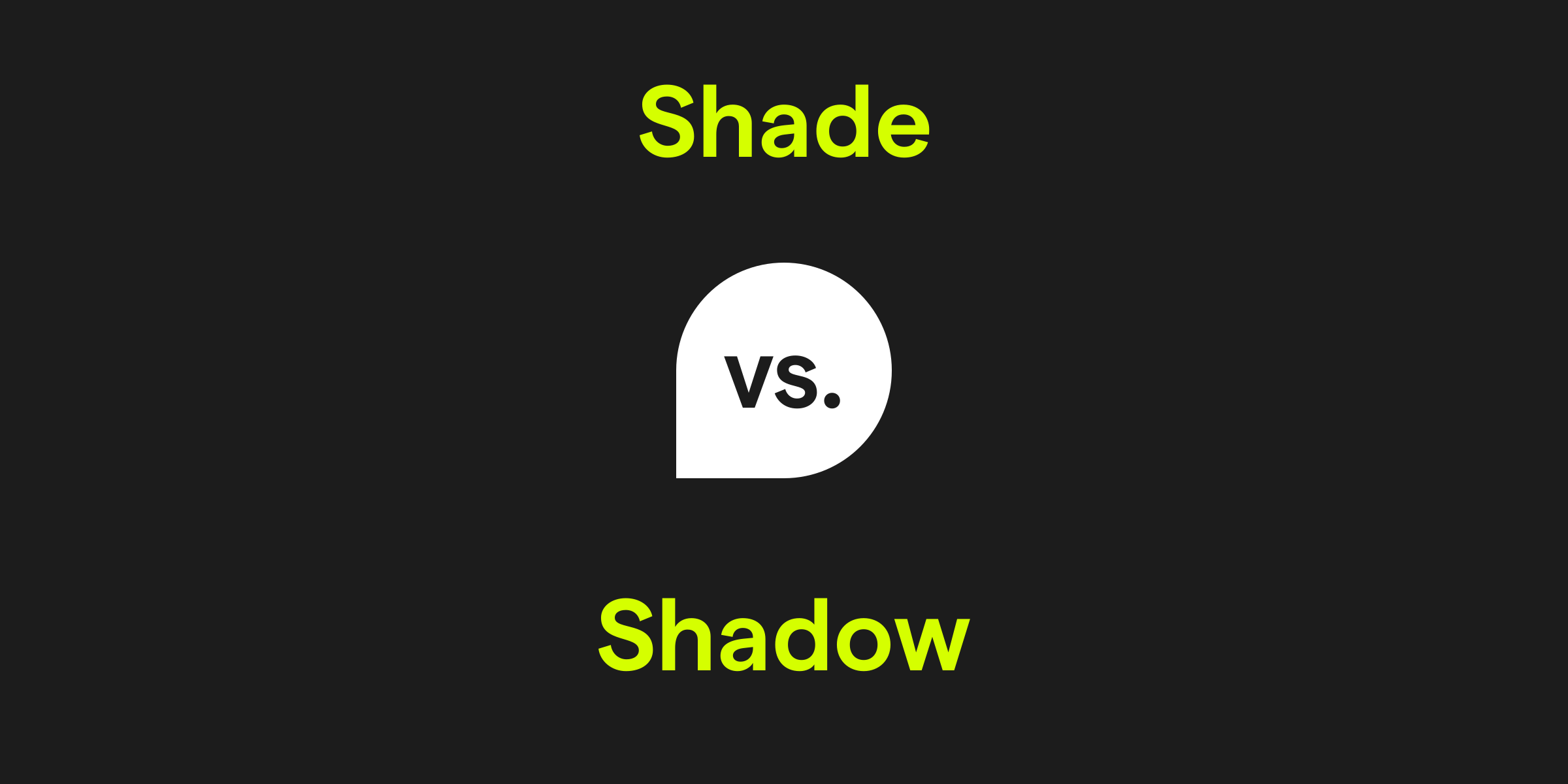Shade vs. Shadow: What's the Difference?
Shade and shadow are two terms often used interchangeably, but they have distinct meanings. Shade refers to an area sheltered from the sun or other light sources, often providing relief from heat. Shadow, on the other hand, is the silhouette cast by an object blocking light, typically representing the shape of the object causing it.

How do you use the word shade in a sentence?
The word shade is primarily used to refer to a place that is protected from direct light or heat, particularly sunlight. It can also figuratively describe subtle differences or variations, as in nuances of color or meaning. One may seek shade outdoors during a hot day or discuss the different shades of blue in a painting.
Examples of shade in a sentence
- On sunny days, the large oak tree provides ample shade for picnics.
- She bought a lamp with a lavender shade to match her bedroom decor.
- The artist expertly blended shades of green to create a realistic landscape.
How do you use the word shadow in a sentence?
The word shadow conveys the dark shape that appears on a surface when an object blocks light. It is often used literally to describe the dark area but can also metaphorically suggest an influence or presence that is intangible but looming. Detectives might follow someone without being seen, staying in the shadows.
Examples of shadow in a sentence
- The streetlights cast long shadows on the pavement at dusk.
- As a child, he was scared of the shadow that his nightlight would cast on the wall.
- Despite her achievements, she always felt she was living in her sister's shadow.
Shade and shadow definition, parts of speech, and pronunciation
Shade definition:
Shade refers to an area of relative darkness, especially as created by the blockage of light, often used to imply a cooler space provided by a sheltering object.
Shade parts of speech:
Shade pronunciation:
Shade is pronounced /ʃeɪd/, and it is consistent across various dialects.
Shadow definition:
Shadow is the dark shape produced by a body coming between rays of light and a surface, often taking on a form resembling the shape of the object casting it.
Shadow parts of speech:
Shadow pronunciation:
Shadow is pronounced /ˈʃæd.oʊ/ in American English and /ˈʃæd.əʊ/ in British English.
Shade refers to an area of relative darkness, especially as created by the blockage of light, often used to imply a cooler space provided by a sheltering object.
Shade parts of speech:
- As a noun, shade can denote shelter from sunlight: 'They rested in the cool shade beneath the awning.'
- Used as a verb, it reflects the action of shading something: 'She shaded her eyes with her hand to see in the bright light.'
Shade pronunciation:
Shade is pronounced /ʃeɪd/, and it is consistent across various dialects.
Shadow definition:
Shadow is the dark shape produced by a body coming between rays of light and a surface, often taking on a form resembling the shape of the object casting it.
Shadow parts of speech:
- As a noun, shadow means a dark area or silhouette: 'Children love to chase each other's shadows on the playground.'
- When used as a verb, it means to follow or accompany someone closely: 'The rookie detective was asked to shadow a senior officer during training.'
Shadow pronunciation:
Shadow is pronounced /ˈʃæd.oʊ/ in American English and /ˈʃæd.əʊ/ in British English.
Shade vs. shadow in a nutshell
While both shade and shadow relate to the absence of light, shade refers to a place sheltered from light, typically providing comfort, whereas shadow denotes the dark contour cast by an object blocking light. Understanding the nuance between shade and shadow enhances the clarity of communication whether it's in everyday speech, artistic expression, or literary works.
Get AI Writing Assistance Wherever You Type
Make sure your vocabulary is on point and every punctuation mark is in the right place, no matter where you’re working. Grammarly works across more than 1 million websites and apps so you can improve your writing without copying, pasting, or breaking focus.

More Commonly Confused Words
Interest piqued? Pore (not pour) over other commonly confused words to help your writing reach peak (not peek) performance.